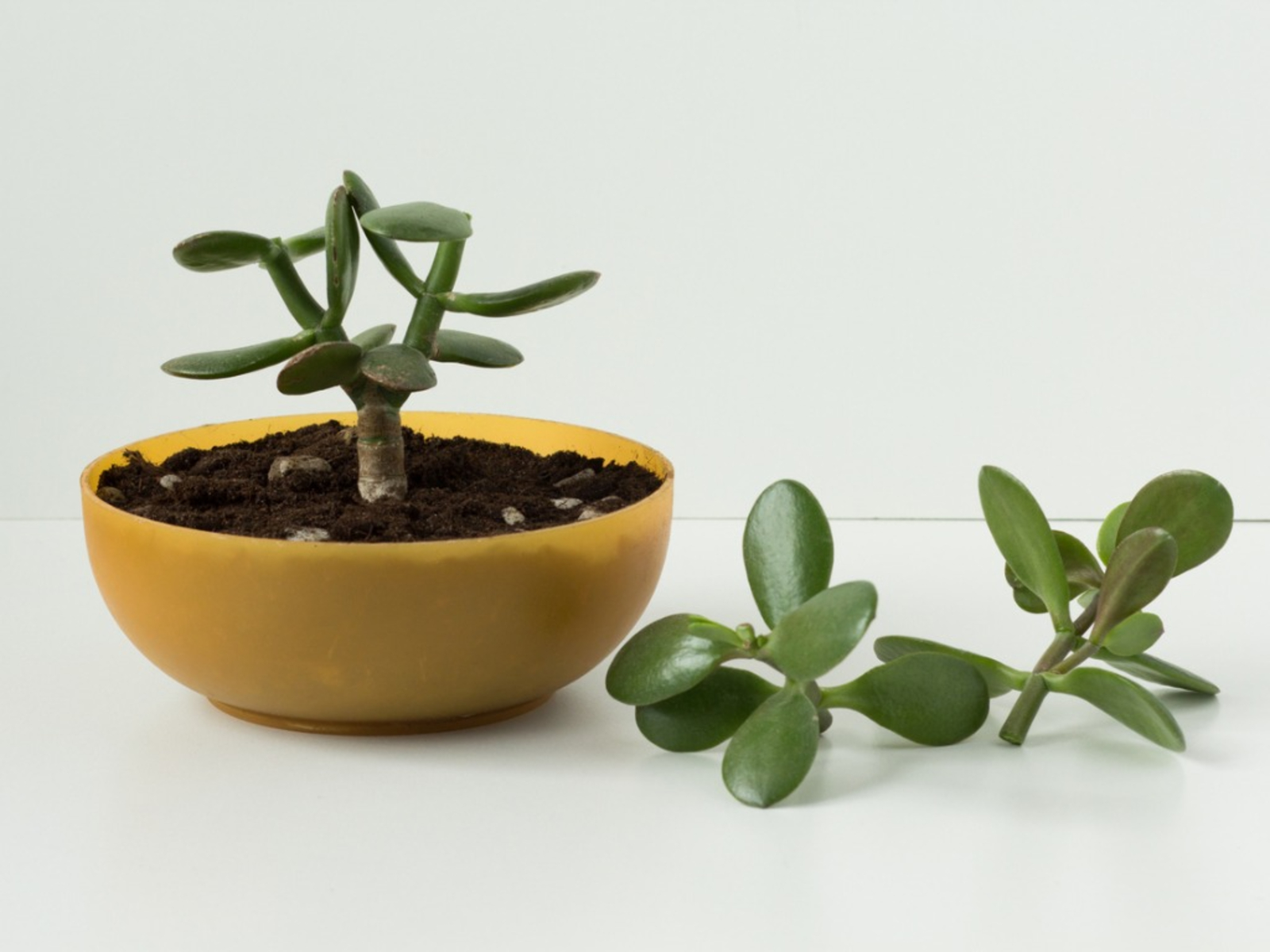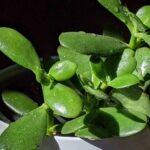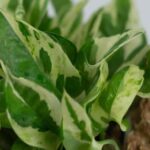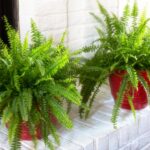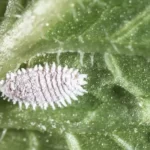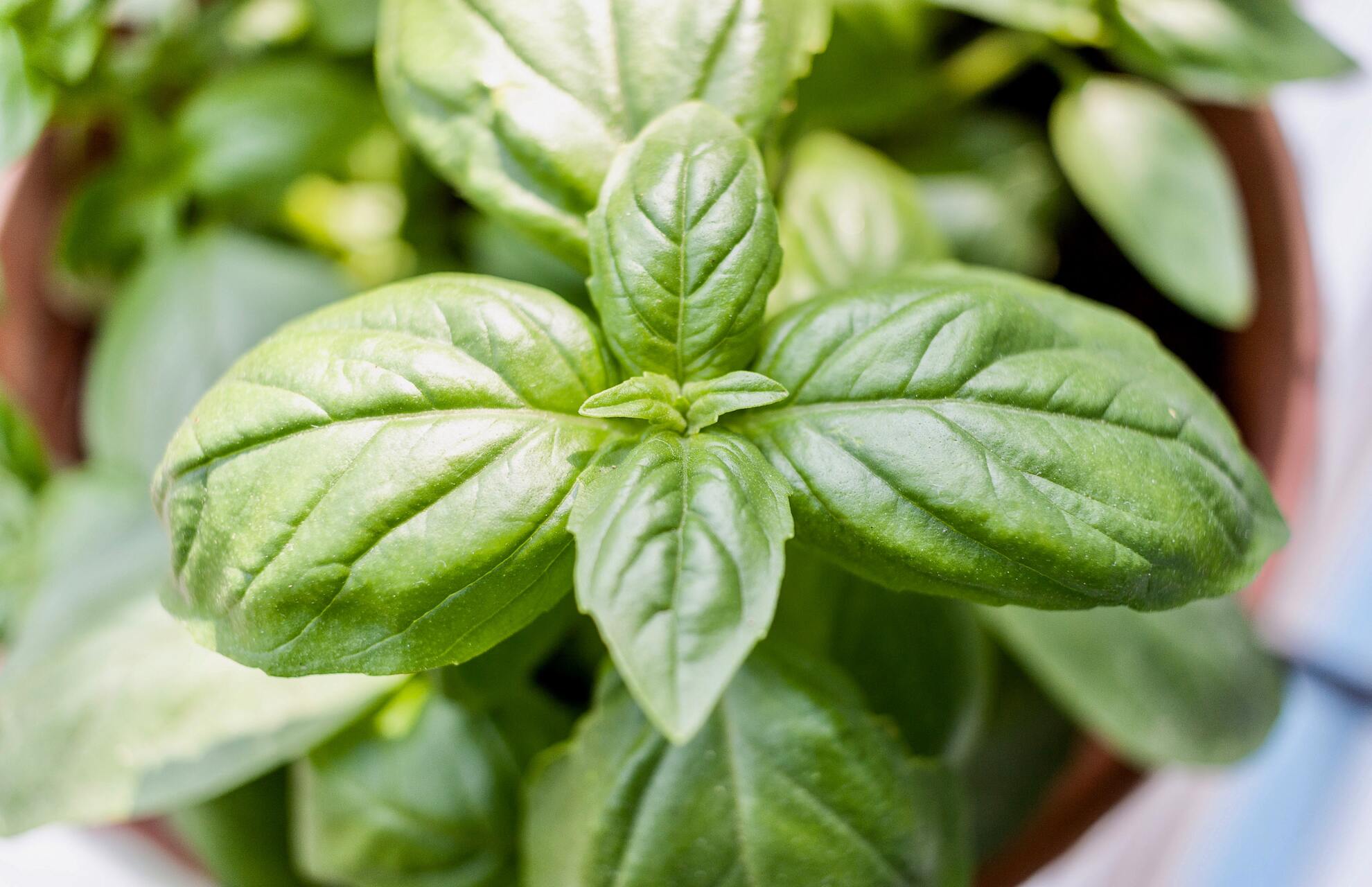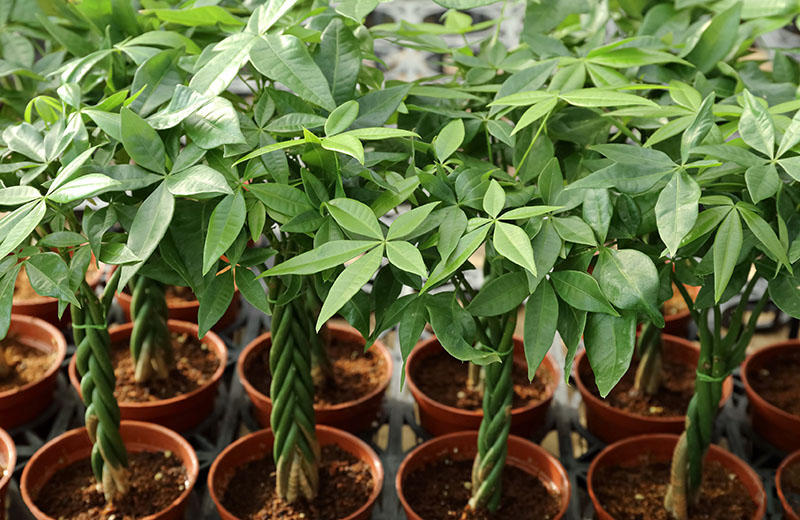Although jade plants are attractive and simple to grow, can cats toxic to them? Yes. Ingesting or chewing on any part of the jade plant might result in major health problems for your cat. For your house, think of different, safer succulents. Later on in this post, we’ll discuss a few of these. We’ll also inform you of the symptoms of jade plant poisoning in cats and what you should do if you think your cat may be ill.
A Quick Review on the Jade Plants and Cats
jade plants, a class of plants that are indigenous to dry or arid climates and have evolved to store their own water, include jade plants. These plants are well-liked since they are often hardy and low-maintenance. Succulents cultivated most often include jade plants. Jade plants come in a variety of forms, and each one is poisonous to cats.
The jade plant, which may reach a height of 5 feet, frequently resembles miniature trees. Depending on the species, they have rounded or oval leaves that are either dark green, blue-gray, or bordered with crimson. Another method to recognize a jade plant is by its star-shaped pink and white blossoms.
Causes of Jade Plants Toxic in Cats
Why are cats poisoned by the jade plant? Since the Jade plant’s toxicity is currently unclear, there is no definitive response. When consumed by cats, jade plants in all of their components are poisonous. How much food a cat has to consume in order to get sick or poisoned is unknown. Furthermore, the poison has no recognized cure or antidote. However, studies show that cats are more inclined to chew on leaves, which may also be where the most dangerous substances are found.
You may be interested in:
- Are Bromeliads Toxic To Pet Cats
- Are Fiddle Leaf Figs Toxic to Pet Cats, Dogs, or Other Animals
- Are Air Plants Toxic to Pet Cats, Dogs, or Other Animals
- Is The ZZ Plant Poisonous for Cats, Dogs, or Other Pets
- Are Venus Fly Traps Poisonous To Cats
Symptoms of Jade Plants Toxic in Cats
Remember that in all emergency situations, try to remain calm. If you have reason to believe your cat has been poisoned by a jade plant, take a close look at the symptoms for an idea of severity.
How to Diagnose Jade Plant Poisoning in Cats
Look for the telltale signs of possible poisoning:
● Abdominal pain
● Difficulty breathing
● Comatose or unresponsive
● Coughing
● Severe lethargy, tiredness or depression
● Diarrhoea
● Excessive drinking and /or urinating
● Fever
● Loss of appetite
● Salivation / Drooling
● Shock, seizures or sudden collapse
● Inflammation or the skin or swelling
● Unsteady walking
● Vomiting
Next, contact your vet for advice on the situation, and inform them that you’re on the way. It will be useful to tell the vet that you suspect jade plant poisoning and take a piece of the plant with you if you can.
Your vet may ask you some questions like:
● When (how long ago) do you think this happened?
● Are you sure this is the cause or are there any other possible reasons for the symptoms?
● Can you list the exact symptoms you’ve observed?
What If Cats and Dogs Nibble on Jade Plants?
Don’t delay to get your cat treated if you detect any of the symptoms we just outlined or you find indications that your cat has been eating a jade plant. As soon as you can, take your cat to the vet. Bring a sample of the jade plant with you if you can so the vet can confirm poisoning and develop the best course of action.
Jade plant toxicity has no particular treatment. Typically, supportive treatment includes heart rate monitoring, intravenous fluids, drugs to alleviate nausea or vomiting, and medicines to manage diarrhea. Don’t attempt to wait it out at home and hope for the best; jade plant poisoning can be lethal to your cat if left untreated.
Conclusion
Owners of cats consider their beloved pets to be an integral part of their joy and house. We make every effort to protect them from danger. But occasionally, even our houseplants may be dangerous.
Despite their beauty, jade plants don’t get along with our cats. The fact that most cats naturally avoid these dangers provides some consolation. However, it’s crucial to be conscious that not everyone in our home may be as fortunate as this lucky plant.

